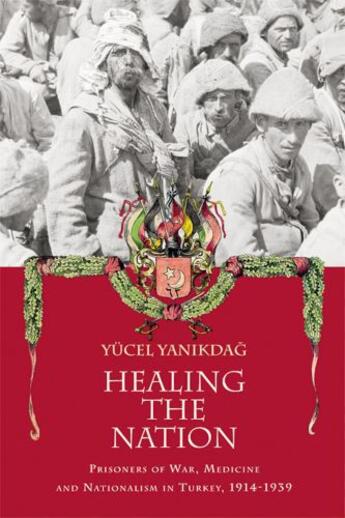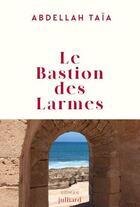-
Nombre de pages : (-)
-
Collection :
(-)
-
Genre :
(-)
-
Thème :
Non attribué
-
Prix littéraire(s) :
(-)
Résumé:
What did Ottoman prisoners of war imprisoned in Russia and Egypt during the Great War understand of nation, culture and Islam? And what role did science play in the imagined future of the nation for the Ottoman-Turkish psychiatrists who diagnosed prisoners following post-war repatriation?
... Voir plus
What did Ottoman prisoners of war imprisoned in Russia and Egypt during the Great War understand of nation, culture and Islam? And what role did science play in the imagined future of the nation for the Ottoman-Turkish psychiatrists who diagnosed prisoners following post-war repatriation?
Doctors' interpretation of prisoners' health issues led to far-reaching questions about the relationship between the prisoners' physical bodies and mental states on the one hand, and the body politic and collective mentality of the Turkish Republic during the interwar period, on the other.
During the interwar years, when the military's vigour was still taken to be a reflection of the nation's health, doctors projected the worrisome picture of the shattered nerves of both prisoner and non-prisoner alike onto the nation at large. The Great War revealed the poor health of the nation and gave medical men the chance to regenerate it through eugenics. Just as officer prisoners in the camps excluded ignorant peasants from their discursive construction of the nation, the psychiatrists disqualified those seen to threaten the nation's body.
Donner votre avis















